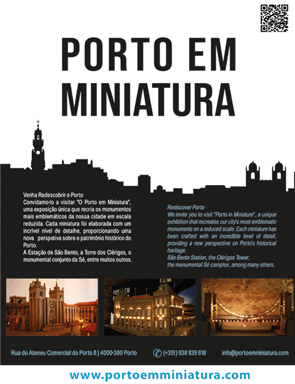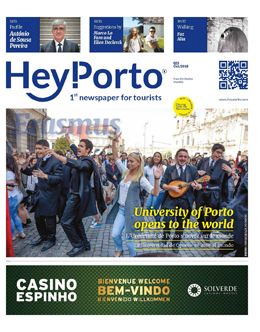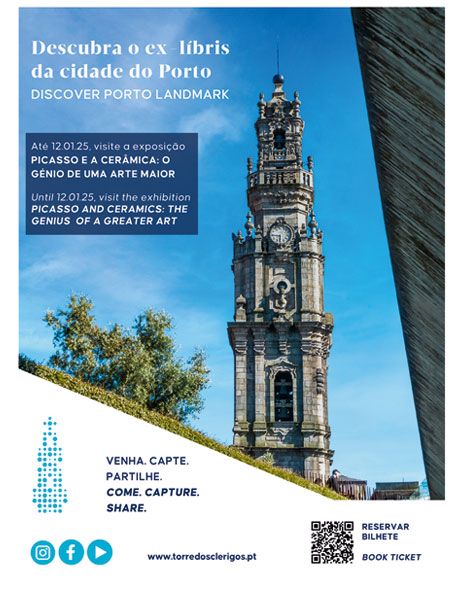If you arrived in Porto by landing at the Francisco de Sá Carneiro Airport, or if, walking through the streets of Antas, you met his statue in the square with the same name, this article is for you!
Born and raised in Porto in 1934, Francisco de Sá Carneiro is a Portuguese lawyer and politician who early stood out in opposition to the dictatorial regime in force at the time, of which the most outstanding expression was the struggle for the return of Bishop António Ferreira Gomes (whose statue can be admired next to the Clérigos Church) to the country. The Bishop had been exiled by Salazar’s Estado Novo.
In 1969, as an independent, Sá Carneiro was elected to the National Assembly of Portugal and soon became the face of the so-called Ala Liberal (Liberal Wing). He was responsible for several initiatives aimed at Portugal’s peaceful and progressive transition to a free and democratic regime.
Failing to implement his democratic, personalistic and humanist views, he resigned as deputy and returned to Porto, where he helped develop the idea of creating a social democratic party that would see the light of day after the revolution of the 25th of April of 1974, that ended the dictatorial regime. On the 6th of May of 1974, the Popular Democratic Party (PPD) – later, the Social Democratic Party (PSD) –, of which Francisco de Sá Carneiro was a co-founder and main promoter, was born.
As President of PPD, he was elected to the Constituent Assembly of 1975, which was responsible for the preparation and approval of the first Constitution of the Republic of the new democratic regime.
At the end of 1979, he created the Democratic Alliance, which came to win the next Legislative Elections. At the leadership of the largest government coalition since April 25, 1974, Sá Carneiro was named the Portuguese Prime Minister in January of 1980, a position he held until his unexpected and tragic disappearance on the 4th of December of 1980, when the plane in which he was traveling to Porto crashed in Camarate, in circumstances that, to this day, could not be ascertained.
His public side did not prevent him from living his own private life and risking criticism in a traditionalist country where divorce was not even allowed when he separated from his wife to join Snu Abecassis, the Danish founder of Don Quixote Publications, who would also end up dying in the Camarate accident. Bold as always in life, Sá Carneiro soon clarified: “If the situation is deemed incompatible with my duties, I’ll choose the woman I love.”
Considered by many to be a true good man of his city and country, with a particular nobility and straightforwardness of character, the death of Francisco de Sá Carneiro was an irreparable loss to Portuguese public life and his memory is still an inspiration today for all those who recognize, in his example, the greater form of being in life and politics, for all of those who know, as he did, that, “above Social Democracy, Democracy, and, above Democracy, the Portuguese People”.








Comments are closed here.